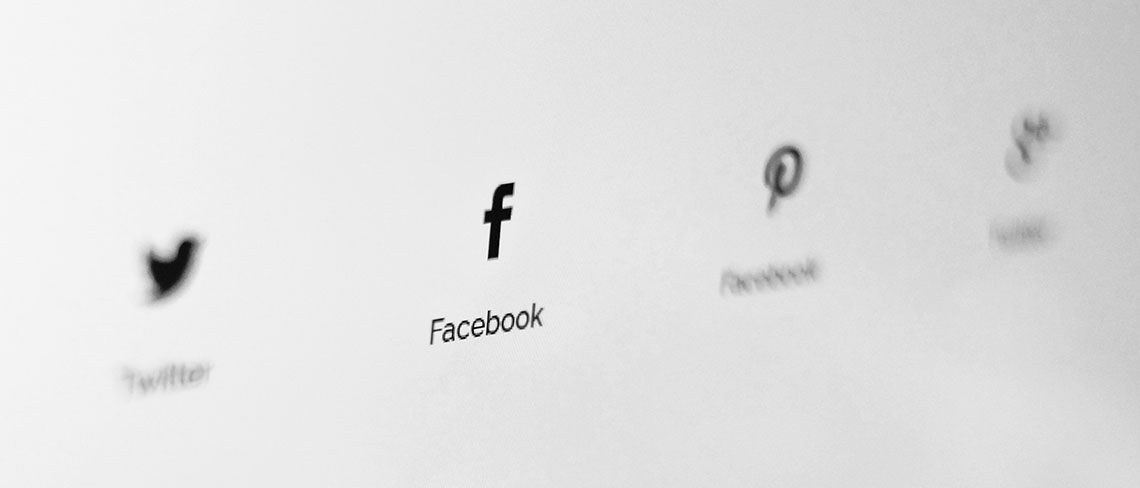
When we wake in the morning, we scan our emails, social updates and favourite publications. We stream on phones, tablets and laptops, with many of us using multiple devices simultaneously. As a collective, we’ve been doing this for some time. The first iPhone was released in 2007, just ten years after BBC News Online hit the dial-up powered internet, and since then we’ve seen an exponential increase in our digital consumption, with the rise of social media giants acting as curators and editors of information in this important shift.
The latest news, that internet use has overtaken time spent watching TV comes as no surprise. Presently, 56% of households spend more time surfing (and streaming) on the internet rather than watching the box, and 41.1% of Brits are now subscribed to a streaming service, with millennials being top of the screen-streaming addiction pile – according Rooster client Finder.com.
The most notable change however, isn’t about the platforms, or the medium through which we consume information, or that gorilla glass has taken over from paper stock, or that the screen swipe has replaced the page-turn. Rather, the tectonic shift in the last 18 months is a question of the message not the medium: truth over tech.
The widespread deployment of propaganda through social media during the US election has acted as a warning shot for regulators, society and consumers to think twice about the information we’re being served by brands we’ve grown to trust and bring into our personal lives.
The answer for the social networks is not positive, as the tide of trust is turning. The 2018 Edelman Trust Barometer revealed that only a quarter of the Brits trust the information they read on social media, and both present and former Facebook executives have even admitted that their companies are having a negative impact on society through the way they handle information.
With this decline, traditional media has benefited from a 13-point increase on the trust barometer (to 61%) as consumers question what they are reading and realise that perhaps they should have trusted the experts after all.
Yes, social media platforms may have undermined print media’s reach and influence through sheer numbers, but without the solid foundations of audience trust, organisations like Facebook are all too wary of undermining their own businesses and alienating both their audiences and their pay masters.
This brings us onto another recent change in the media landscape: The Guardian’s new tabloid format. Every week The Guardian’s ‘Pictures of the Week’ and ‘Pictures of the Day’ centre spreads are pinned on our walls. Granted, Instagram and Pinterest are perfect for those who like to communicate visually, but encapsulating a week of world news in half a dozen still images, for us, requires an important skill and craft that you won’t get from many of the best Instagram influencers.
The Guardian’s transition may boil down to being a cost-cutter, and the smaller pages make our morning news round-ups easier, yet underneath, we feel major developments from a trusted and respected paper should make us all reflect on the tectonic shift not just in how we consume news, but also whether or not we should trust and let it into our lives.
When it comes to fast updates, quick news and addictive scrolls, social media, read from our smartphones, will always be a winner. Yet when it comes to the role the media plays in our everyday lives, we remind ourselves of the fact that as we casually flick through photos on our Instagram feeds, glancing at each shot for no more than a split second, those well-chosen images on the centre spread hold our attention and imaginations for what feels like a comparative eternity.
Whilst we may still be getting used to the loss of the Guardian’s blue masthead, any chance to reflect on the impact and importance of responsible journalism and the influence information has on society should always be welcomed. Information is a powerful thing and should always be handled with care.
By Alex Fenton.






